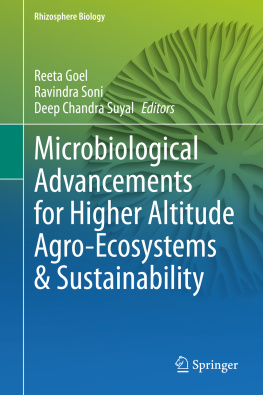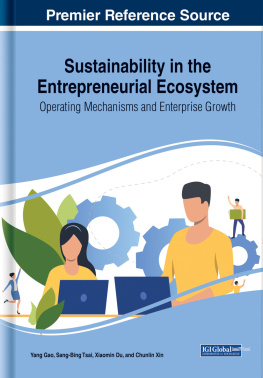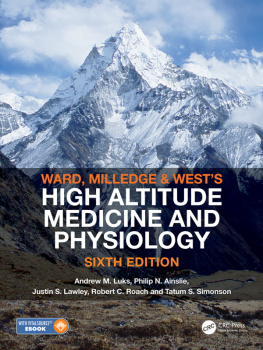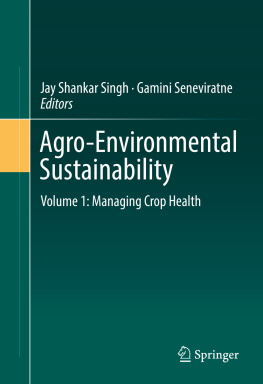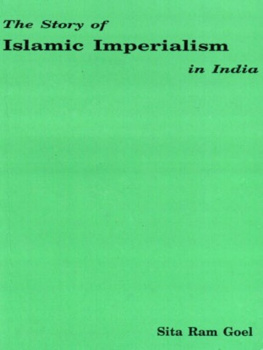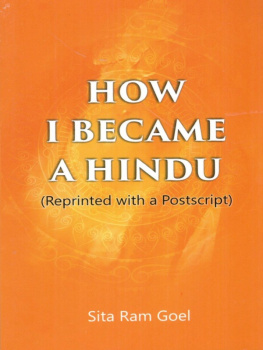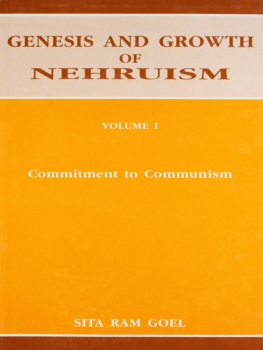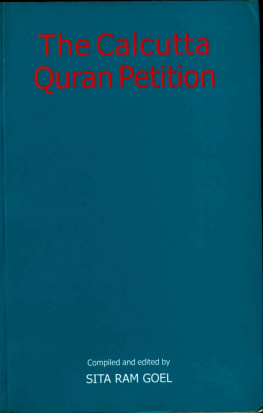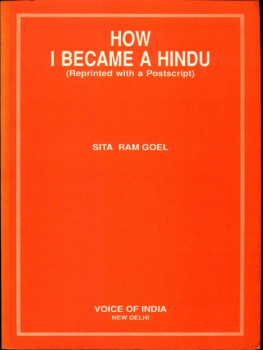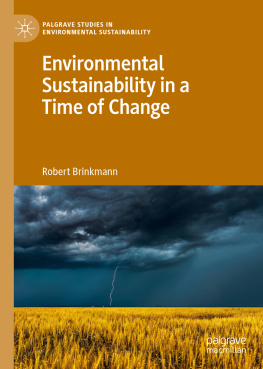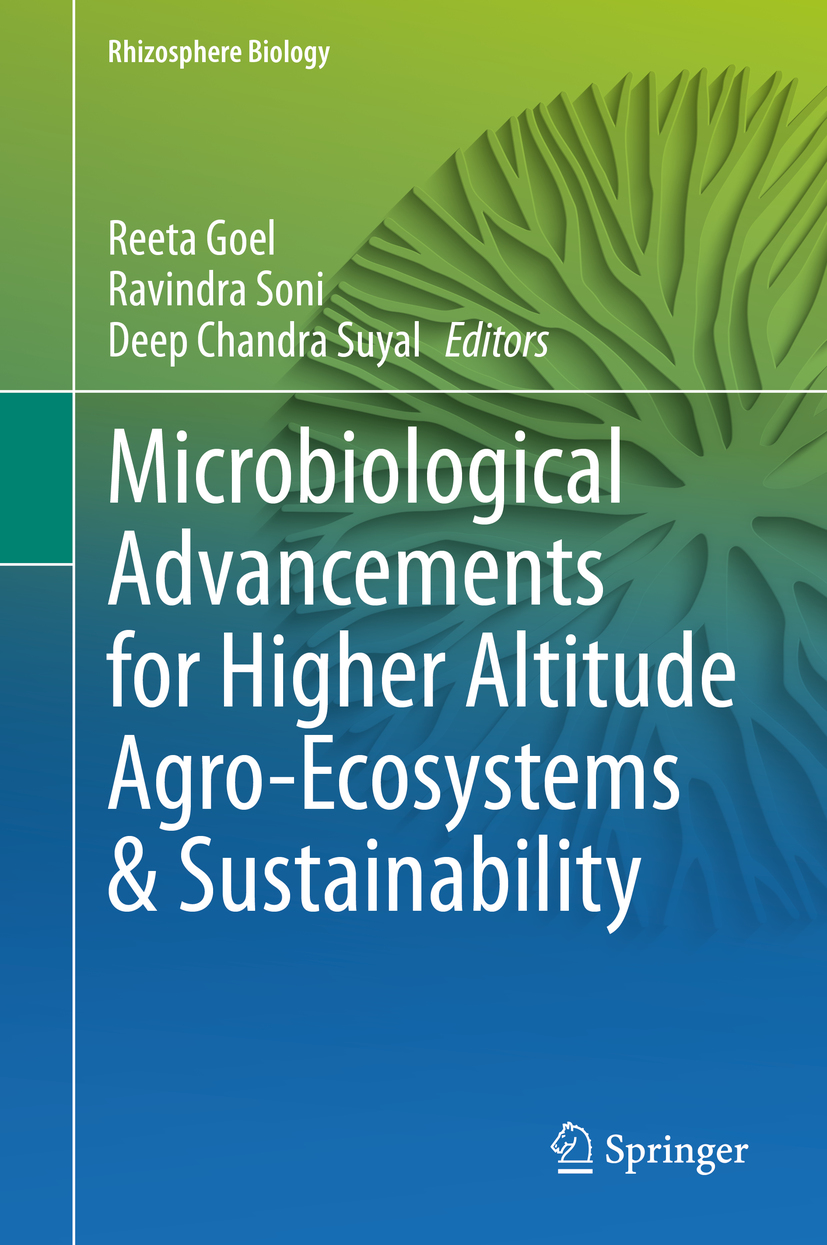Rhizosphere Biology
Series Editor
Anil K. Sharma
Biological Sciences, CBSH, G. B. Pant University of Agriculture & Technology, Pantnagar, Uttarakhand, India
The Series Rhizosphere Biology, emphasizes on the different aspects of Rhizosphere. Major increase in agricultural productivity, to meet growing food demands of human population is imperative, to survive in the future. Along with methods of crop improvement, an understanding of the rhizosphere biology, and the ways to manipulate it, could be an innovative strategy to deal with this demand of increasing productivity. This Series would provide comprehensive information for researchers, and encompass all aspects in field of rhizosphere biology. It would comprise of topics ranging from the classical studies to the most advanced application being done in the field. Rhizoshpere is a dynamic environment, and a series of processes take place to create a congenial environment for plant to grow and survive. There are factors which might hamper the growth of plants, resulting in productivity loss, but, the mechanisms are not very clear. Understanding the rhizosphere is needed, in order to create opportunities for researchers to come up with robust strategies to exploit the rhizosphere for sustainable agriculture.
There are titles already available in the market in the broad area of rhizosphere biology, but there is a major lack of information as to the functions and future applications of this field. These titles have not given all the up-to-date information required by the todays researchers and therefore, this Series aims to fill out those gaps.
More information about this series at http://www.springer.com/series/15861
Editors
Reeta Goel , Ravindra Soni and Deep Chandra Suyal
Microbiological Advancements for Higher Altitude Agro-Ecosystems & Sustainability
Editors
Reeta Goel
Department of Microbiology, Govind Ballabh Pant University, Pantnagar, Uttarakhand, India
Ravindra Soni
Department of Agricultural Microbiology, Indira Gandhi Krishi Vishwavidyalaya, Raipur, Chhattisgarh, India
Deep Chandra Suyal
Department of Microbiology, Eternal University, Sirmaur, Himachal Pradesh, India
ISSN 2523-8442 e-ISSN 2523-8450
Rhizosphere Biology
ISBN 978-981-15-1901-7 e-ISBN 978-981-15-1902-4
https://doi.org/10.1007/978-981-15-1902-4
Springer Nature Singapore Pte Ltd. 2020
This work is subject to copyright. All rights are reserved by the Publisher, whether the whole or part of the material is concerned, specifically the rights of translation, reprinting, reuse of illustrations, recitation, broadcasting, reproduction on microfilms or in any other physical way, and transmission or information storage and retrieval, electronic adaptation, computer software, or by similar or dissimilar methodology now known or hereafter developed.
The use of general descriptive names, registered names, trademarks, service marks, etc. in this publication does not imply, even in the absence of a specific statement, that such names are exempt from the relevant protective laws and regulations and therefore free for general use.
The publisher, the authors, and the editors are safe to assume that the advice and information in this book are believed to be true and accurate at the date of publication. Neither the publisher nor the authors or the editors give a warranty, expressed or implied, with respect to the material contained herein or for any errors or omissions that may have been made. The publisher remains neutral with regard to jurisdictional claims in published maps and institutional affiliations.
This Springer imprint is published by the registered company Springer Nature Singapore Pte Ltd.
The registered company address is: 152 Beach Road, #21-01/04 Gateway East, Singapore 189721, Singapore
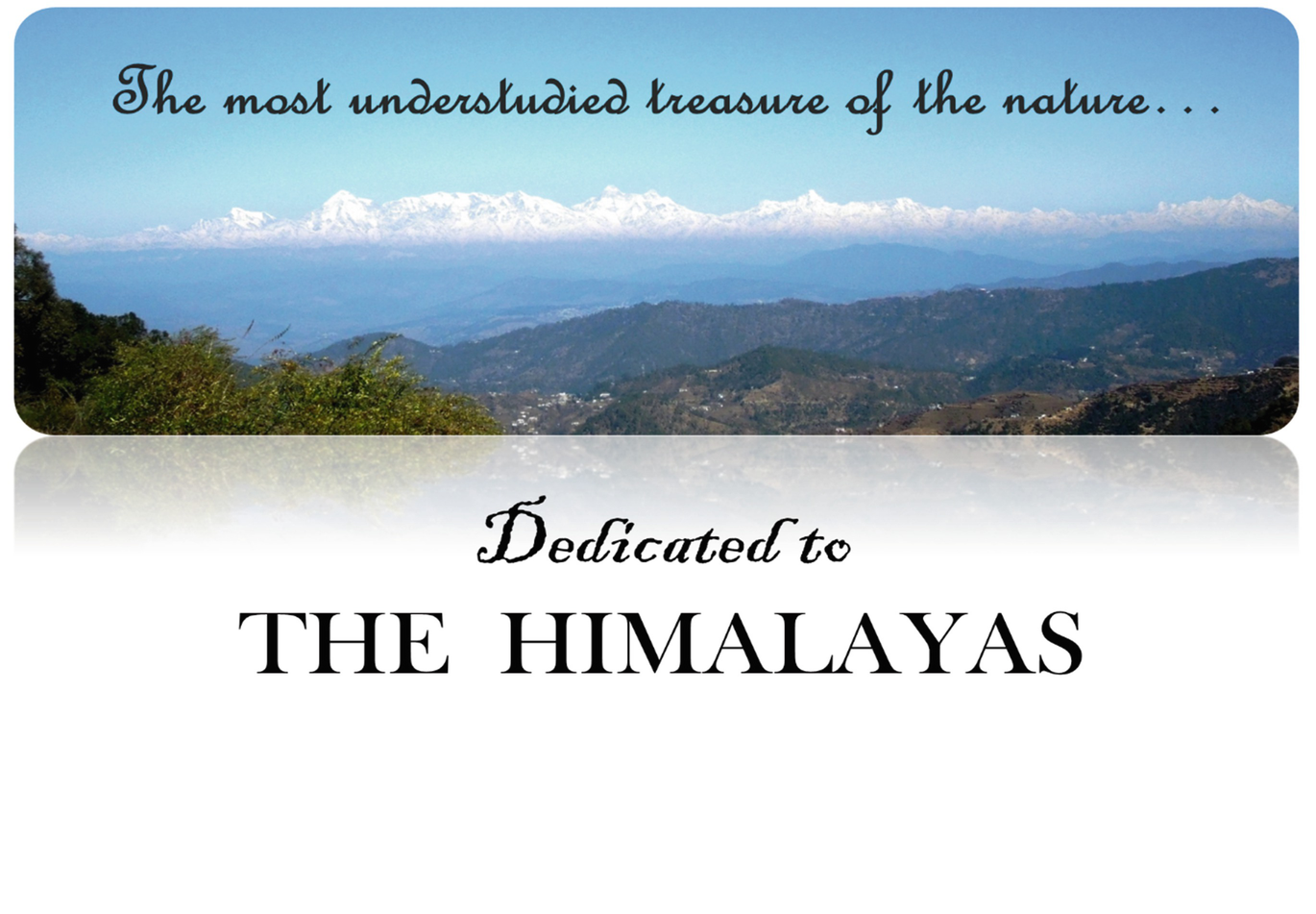
Preface
Higher altitude agro-ecosystems are the most neglected crop-lands due to several geographical and climatic constraints, considering soil infertility and land degradation. In present scenario, soil management strategies are mainly dependent on inorganic chemical-based fertilizers and therefore cannot be recommended for these agro-ecosystems. Nevertheless, they are also referred as water tower for freshwater supply to low lying areas and, thus, any anthropogenic contamination on them can disperse throughout the riverfront. In this perspective, implication of the bio-inoculants at high altitude marginal lands could be a promising approach for agricultural sustainability. However, identification, characterization, and documentation of native micro-flora with reference to local environmental conditions and natural resources are inevitable for the development of agricultural strategies.
This book consists of 23 chapters including challenges and opportunities, microbial interactions, and nutrient dynamics at higher altitudes. It also describes the microbiological advancements and their scope for attaining agricultural sustainability,viz.agriculturally important genes and enzymes, rhizosphere modeling and engineering, genetically engineered bio-inoculants, next-generation technologies, omics and nano-based technologies, etc. Moreover, traditional agricultural practices employed at higher altitudes have also been revealed along with the recent trends.
In the perspective of the global food demand, sustainable agricultural policies involving uncultivable and/or neglected lands became the need of this hour. However, till date, very few attempts have been made on the cold-adapted bio-inoculants and their exploration. Therefore, this book is an effort to enlist and document the various aspects of related microbiomes and their advancement towards the high altitude farming and agricultural sustainability.
The editors gracefully acknowledge the help, suggestions, and encouragement made by their colleagues and well-wishers. Nonetheless, the editors are grateful to all the authors who have contributed to this book. They are really thankful for their timely response, cooperation, and patience. Unfortunately, each and every aspect could not be added in this book due to predefined page limit. However, they can be included in the next book of this series.
Suggestions for the improvement of the book will be highly appreciated and incorporated in the subsequent editions. Finally, senior editor would like to acknowledge the motivation, commitment, and sincerity of both the co-editors because without their efforts this book would not have taken its present status.
Reeta Goel
Ravindra Soni
Deep Chandra Suyal
Pantnagar, Uttarakhand, India Raipur, Chhattisgarh, India Sirmaur, Himachal Pradesh, India
Contents
Anil Kumar Shankhwar , Prashansa Tamta , Rashmi Paliwal and R. K. Srivastava
Sachin Kumar Vaid
Satish Chandra , Dinesh Chandra , Rajkumar Pandey , Arun Kumar Khajuria , Vivek Kumar and Pankaj Bhatt
Narendra Kumar , Amit Kumar , Neha Jeena , Ranjeet Singh and Hukum Singh

